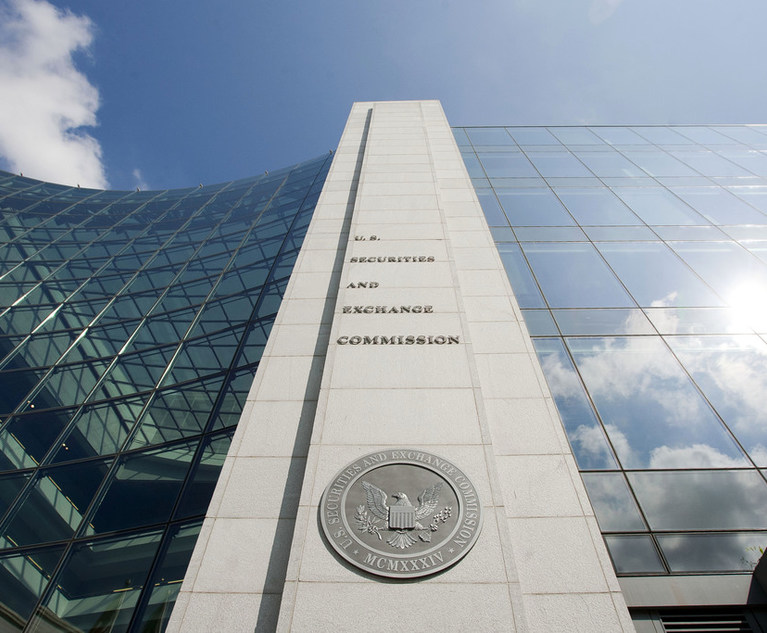In recent months the Biden administration has demonstrated that clawing back compensation from company executives is at the top of its list of white collar enforcement priorities. Last month the Department of Justice launched a new Pilot Program on Compensation Incentives and Clawbacks (the Pilot Program), effective March 15, which requires that resolutions with any company include compensation-related criteria and provides a fine reduction incentive for companies that claw back, or attempt to claw back, employee compensation. Several weeks earlier, the Securities and Exchange Commission adopted its long-awaited clawback rule—“Rule 10D-1,” effective Jan. 27, 2023—implementing changes to Section 10D of the Securities Exchange Act passed as Section 954 of the Dodd-Frank Wall Street Reform Consumer Protection Act of 2010.
These new programs represent a major broadening in the scope of clawback policies, but at least for publicly held companies, clawback mandates are not new. Since 2002, Section 304 of the Sarbanes-Oxley Act (SOX Section 304) has directed the SEC to enforce the clawback of any bonus, incentive-based pay, or stock sale profits received by a public company’s CEO or CFO that has restated its financials. The new DOJ and SEC policies mirror certain elements of this existing clawback regime, while also reflecting some significant differences. Most important, however, is the absence of express statutory authority for these new clawback policies, thereby forcing companies to rely on existing state legal remedies, which may present significant practical hurdles to recovery. As lawmakers such as Massachusetts Sen. Elizabeth Warren call for the clawback of executive compensation to hold individuals accountable for events seen in recent news headlines, such as for the collapse of Silicon Valley Bank and Signature Bank, companies may soon face questions regarding whether or not to participate in the DOJ’s Pilot Program. As companies analyze some of the real world hurdles to clawback, they may find that the costs of participating in the program outweigh its potential benefits.


 caption
caption




